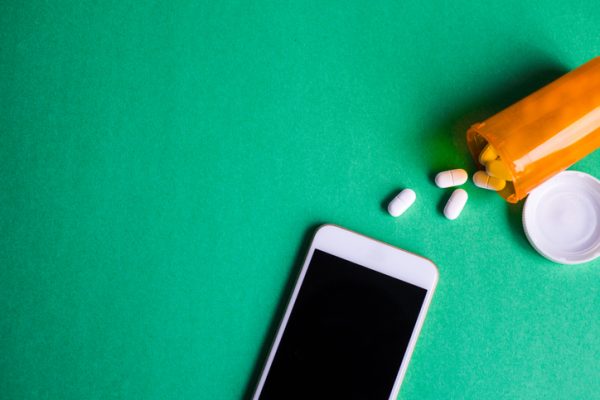
Pear Therapeutics started the new year off with a bang: the digital health company acquired two technologies for pain treatment on Monday.
Pear acquired the two clinical-stage digital therapeutics from Firsthand Technology. They involve using virtual reality headsets to reduce both acute and chronic pain. Early trials showed significant pain reduction in patients.
McCann said Pear Therapeutics had been looking at a host of technologies for pain treatment, and Firsthand’s stood out for their strong clinical data. He hopes to build on the company’s proof-of-concept data to move its pain-treatment tech toward FDA approval.
The company also unveiled a slew of other licensing deals, ranging from treatments for migraines to IBS. Pear CEO Corey McCann said the company was building out its pipeline with a long-term view in mind.
“When we look into the future, we think of prescription digital therapeutics as being a whole new treatment class in health care,” McCann said. “We really think this opportunity could be that big. … Everything we do is focused on scaling one way or another.”
Pear also licensed voice digital biomarkers from Winterlight Labs, which could potentially be used to track the progression of a number of conditions. McCann said the tech could have far-reaching implications for Pear’s existing and future products.
“Many of these technologies are early stage. But there are some very interesting early results showing the ability to track things like Alzheimer’s, depression, schizophrenia and Parkinson’s, all by monitoring voice,” McCann said.
The company is also working with NeuroLex Laboratories to collect voice data in patients with depression as well as healthy volunteers. In the future, Pear hopes to use this data to gauge the efficacy of its digital therapeutics.
Pear already has two FDA-approved digital therapeutics for substance abuse and opioid use. The agreements bring some good news after Novartis’ generics business, Sandoz, dropped out of a commercialization agreement for Pear’s two substance-abuse therapies in October. Now Pear will solely market them.
Other notable licensing deals that Pear struck include:
- A deal to license a clinical-stage digital therapeutic from the Karolinska Institute for patients with irritable bowel syndrome (IBS). It uses cognitive behavioral therapy and other methods for treating IBS.
- An agreement to license a clinical-stage digital therapeutic from Cincinnati Children’s Hospital Medical Center for treating migraines. It uses both cognitive behavioral therapy and patient education.
Photo Credit: photo_chaz, Getty Images















